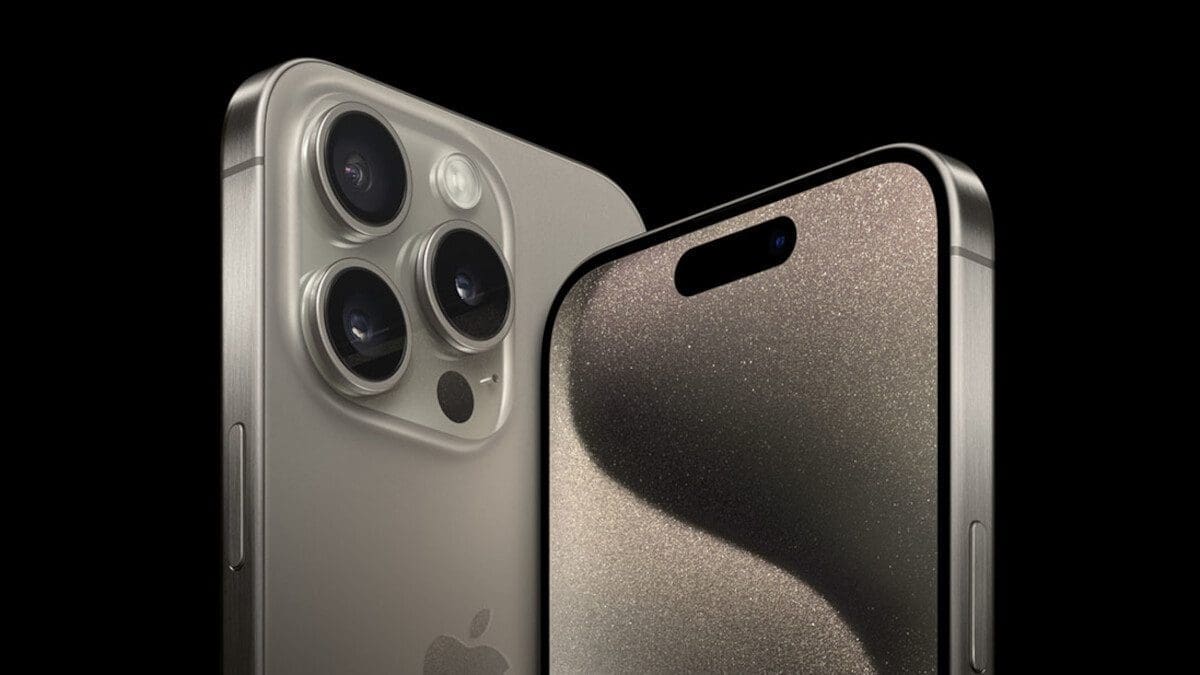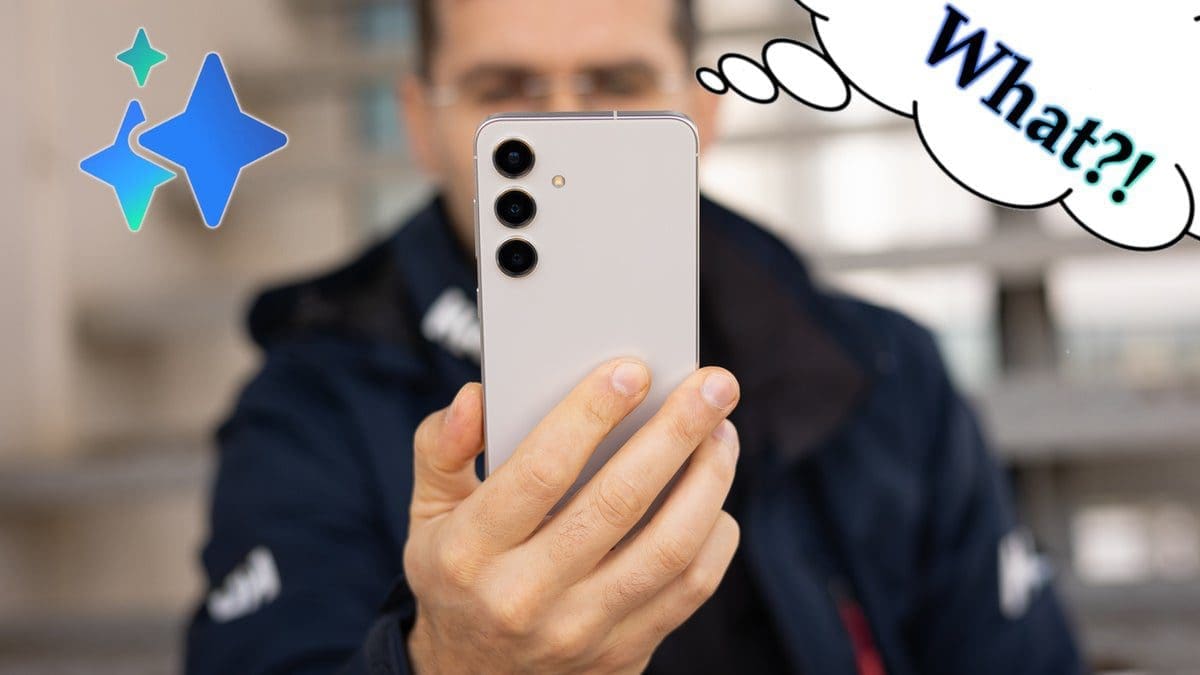Google has just announced its latest phones, the Pixel 8 and 8 Pro, and as usual, we’re extremely interested in these new products, as they are designed to represent the best of Android. One feature of particular importance to the modern Pixel experience is the Tensor chipset, which has been a staple of the line since the Pixel 6.
This year’s Pixel 8 and 8 Pro come with a brand new chip – the Tensor G3. While Tensor has never been the fastest chip around in terms of raw power, it’s always been capable enough to drive fluid UI operation and Google’s super-cool AI- and machine learning-powered tricks, like Magic Eraser, Face Unblur and Real Tone. All of this is why we’re extremely excited to learn more about the Tensor G3, as Google promises this is the most powerful Pixel chip so far.
Tensor G3 specifications
Tensor G3 enables a new Night Sight video mode that promises to make night and low-light video that much more vibrant
The Tensor G3 ramps things up with a new 1x Cortex X3 + 4x Cortex-A715 + 4x Cortex A-510 CPU core configuration.
- 1x Cortex-X3: 2.91 GHz
- 4x Cortex-A715: 2.37 GHz
- 4x Cortex A-510 CPU: 1.7 GHz
While Google doesn’t say how much faster we can expect the Tensor G3 to be compared to its predecessors, we at least know that the new 10-core Mali G-715 GPU is promised to bring around 15% faster graphics computation. This means it still won’t become an industry leader, but should be sufficient enough for most mainstream purposes.
Tensor G3 features in Pixel 8 and 8 Pro
![]()
A new Best Take camera feature can quickly swap out the faces of all people in a photograph with their best instance
Aside from increased raw performance, the Tensor G3 helps enable a bunch of very useful features across the whole system, from calls to photography. Here are some of the most notable Tensor G3 improvements:
- Text-to-speech model which can read web articles – now with a more natural-sounding voice and playback speed controls
- Clear Calling – automatic feature that removes obtrusive background noise during calls
- Call Screening – enhanced automatic call screening that can detect even more spam calls than before (also coming to Pixel Watch and Watch 2 later this year)
- Improved video performance in mixed lighting conditions and focus in low-light
- Audio Magic Eraser – a new feature that lets you cut out unwanted side noises from videos you’ve recorded
- Best Take – a new feature that lets you automatically swap just the face instance of everyone in a group shot – so that you can all look your best
- Video Boost – a new type of smart HDR processing for video – kind of like the intense processing phone cameras do on photos, but on videos – we can’t wait to see how well it works!
- Night Sight video – night mode but for video – the official presentation made it look incredibly impressive, so this is another feature we can’t wait to try out!
The Tensor G3 SoC will debut on the Pixel 8 and 8 Pro, which are available for pre-order now, and will ship on October 11. Once the phones ship, it’ll be interesting to see if the Tensor G3 will turn out to be a successful new chip, in light of Apple’s recent launch of the A17 Pro, which is extremely powerful, but seems to be encountering some hiccups early on in its lifetime.









